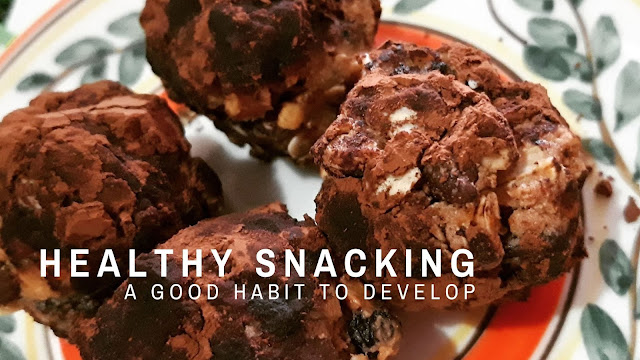Do you skip on taking snacks because you feel guilty of consuming more than three meals a day?
Snacking has developed a bad reputation and most people frowned down on those having a mid-morning or mid-afternoon meal. There is really nothing wrong with consuming food in between the main meals. It's a matter of what kind of snacks you eat.
Reasons why you should snack
- helps prevent overating
- helps reduce overall calorie intake for the day
- lets you work in more healthy food like fruits and vegetables
- helps maintain physical and mental energy
A healthy snack should have a balance of protein and healthy carbohydrates. It should be loaded with enough calories to last you until your next meal. More importantly, it should taste good.
Most of us eat the usual tasty fast food items such as pizza, burger, fries, and soda because we have a notion that healthy snacks are boring and bland. We also snack for the wrong reasons. We either eat to find emotional comfort or out of a habit and not because of hunger. Susan Bowerman, Senior Director, Worldwide Nutrition and Education and Training at Herbal-ife Nutrition, calls these unhealthy practices and food choices the “Dark Side of Snacking.”
Bowerman is a registered dietitian, a board-certified specialist in Sports Dietetics and Obesity and Weight Management, and a Fellow of the Academy of Nutrition and Dietetics.


